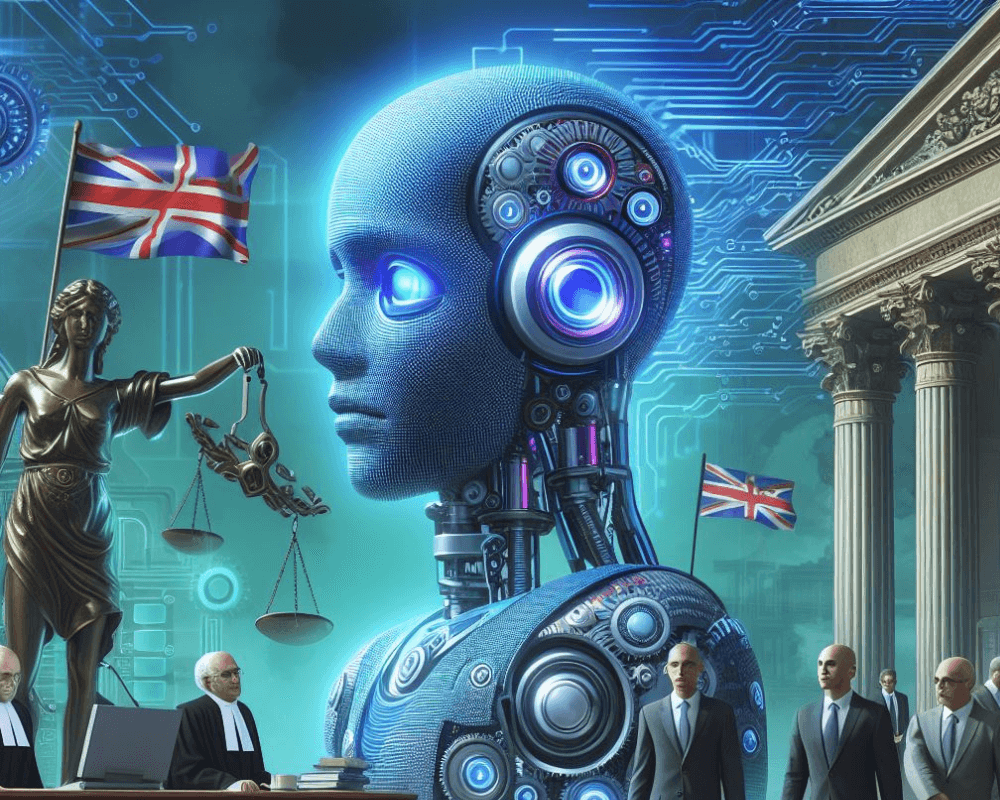December 27, 2023 By: JK Tech
Imagine a robot, whirring and clicking, coming up with the next big invention. Can that robot legally claim the title of “inventor”? In a recent British court case, the answer was a resounding “no.” This decision, while clear-cut, has sparked a major debate about how the law deals with inventions made with the help of artificial intelligence (AI), or “robot brains” as some call them.
Dr. Stephen Thaler, a scientist fascinated by AI, believed his creation, Dabus, a clever computer program, deserved recognition for two inventions: a unique food container and a flashy light beacon. He tried to register Dabus as the inventor in patent applications, but both the UK Intellectual Property Office and the courts said “no”. Their reasoning? Only humans, not robots, can be inventors.
Dr. Thaler was understandably disappointed. He believes Dabus is more than just a machine, but a form of “thinking tool” with its own creative spark. However, the courts and the Intellectual Property Office emphasized the importance of keeping human inventors front and center. They see AI as a powerful tool, like a super-advanced calculator, not a mastermind capable of independent invention.
So, does this mean robots can never be inventors? Not necessarily. The court didn’t say Dabus didn’t actually come up with the ideas; they just said the law can’t recognize robots as inventors yet. This leaves room for future cases to explore how much credit AI deserves when it helps humans invent things.
But the legal hurdles don’t end there. Even if AI someday gets inventor status, who would own the patent? Dr. Thaler’s additional claim for patent entitlement as Dabus’s owner also faced rejection. This raises a serious question: when AI is involved, who really owns the inventions – the programmer, the company that uses the AI, or even the AI itself?
The answer likely depends on many factors, and figuring it out will require lawmakers and judges to grapple with some mind-bending questions. For example, should a robot that writes a catchy jingle own the copyright? What about an AI that designs a revolutionary new drug?
Legal experts predict these issues will become increasingly complex as AI becomes more advanced and plays a bigger role in innovation. Companies will need to figure out how to legally attribute inventions to themselves or their employees, even when AI is the creative engine behind the scenes.
While the UK court’s decision might seem like a blow to robot rights, it actually opens a crucial conversation about the future of AI and creativity. As machines become smarter and more involved in the invention process, we need to adapt our laws and definitions to keep pace. This is just the beginning of a fascinating journey where legal minds and tech wizards will work together to unlock the potential of AI innovation, ensuring that both humans and robots get their rightful share of the credit.



